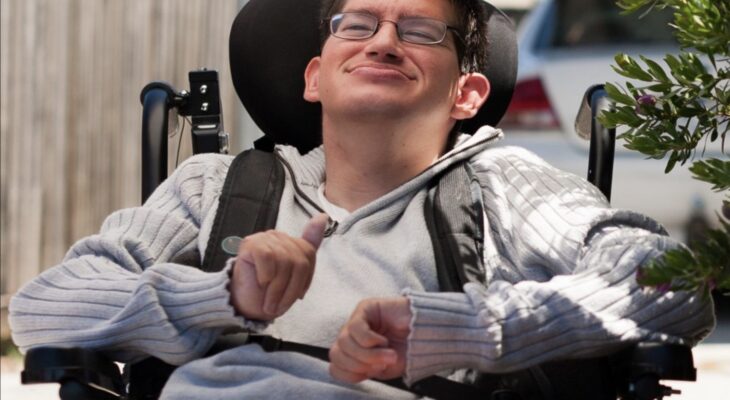There are more than 4.3 million Australians who suffer permanent or significant disability and the federal government are focused on providing essential support. The National Disability Insurance Scheme, or NDIS, aims to fund treatment/care and other costs to those who are eligible, while also connecting them with the care services they need.
Initial assessment
When a person qualifies for NDIS support, the agency refers them to an assessment specialist, which might take the form of functional capacity assessment, to determine what is required. This might involve assessing a person’s needs at home and whether they need supported accommodation, for example, plus the disabled person will require occupational therapy.
Technology & equipment assessment
In order to receive a supportive equipment prescription, the occupational therapist would assess the following:
- Seating/wheelchair requirement
- Mobility scooter – Assessment and training
- Bedding/mattress – Prescription
- Bathroom needs – Shower chair, commode, hoist & sling assessment/prescription
If any of the above are required, you are referred to approved providers and with a prescription, all costs are covered by the NDIS.
Household needs assessment/care
The disability might present mobility issues and the occupational therapist assesses your immediate needs, referring you to support groups for home care. Things like getting dressed, bathing, negotiating stairs, cleaning, cooking and general housework. The goal is always to help the disabled person maintain their independence as much as possible, providing support when it is needed. Things like eye care cannot be overlooked, or if a person is suffering from acute hearing loss.
Rehabilitation
Stroke sufferers often require therapy in order to do things that were once taken for granted; speech and cognitive abilities can be seriously impacted after a stroke and partial paralysis is another possibility. Neurological & cognitive therapy is provided by a registered occupational therapist and a therapy plan is put together with specific goals.
Mental health counselling
Sadly, the number of people suffering from depression is rising, as we enter the post-pandemic period and when an able-bodied person suddenly has a disability, it can have a devastating impact on their mental well-being and during the initial stages, they require counselling, which is funded by the NDIS.
Leisure and recreation
Just because a person has a disability, this doesn’t mean they should lose out on leisure and recreation; we all need time to engage with something we are passionate about and the NDIS covers funding for a wide range of recreational activities.
Home modifications
If home modifications are required, you would receive a prescription from the NDIS to fund modifications, which might include the following:
- Grab rails
- Ramps
- Support bars
- Kitchen & bathroom modifications
These modifications help you to go about your daily life and with safety paramount, the caregiver helps you to master use.
If you or a family member have recently suffered a permanent or significant disability, you should contact the NDIS to enquire about eligibility. Assessments are carried out by qualified occupational therapists and once you are registered, essential funding and support are always available.





